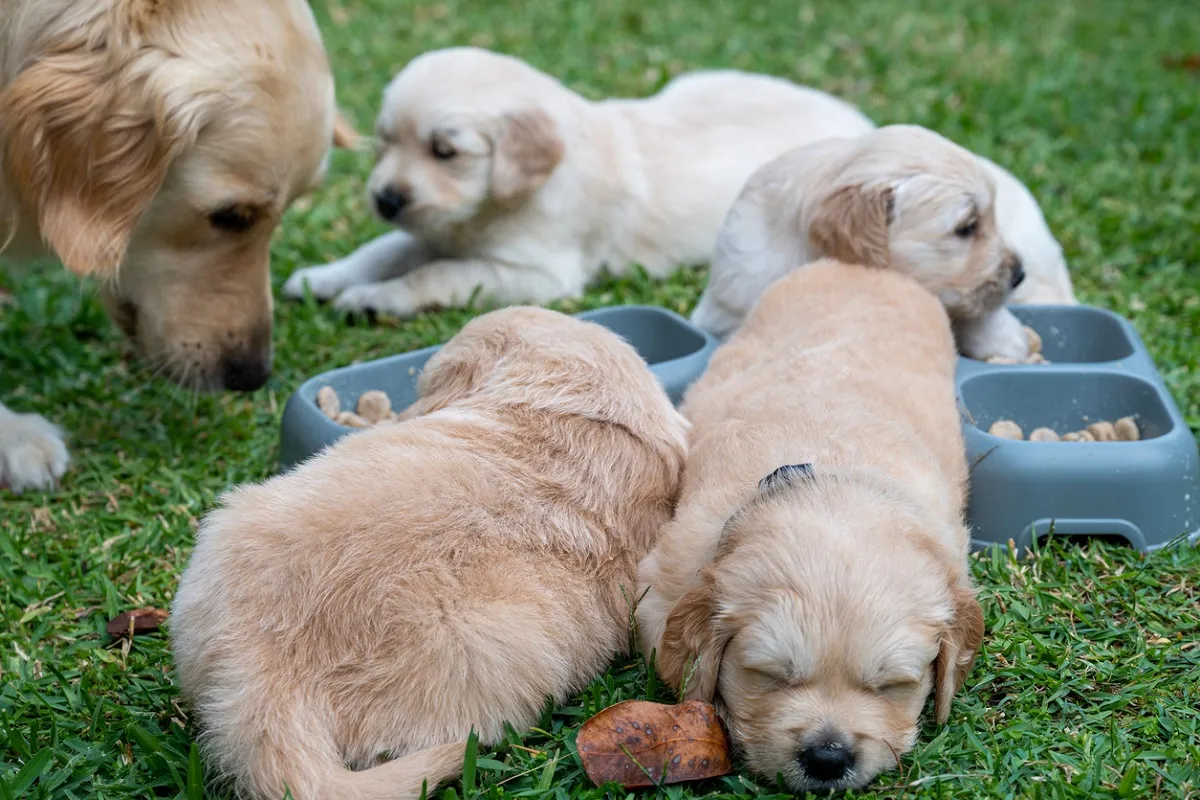PIAA says proposed bill could threaten closure of the best breeders who already exceed the highest animal welfare standards.
The Pet Industry Association of Australia (PIAA) has expressed deep concerns over a proposed NSW Government Bill aimed at regulating animal breeding.
The PIAA claims the current Bill, introduced by Labor and set to be debated in Parliament next week, could decimate the country’s leading breeders by capping the number of breeding females to 20 per establishment – a limit they argue will have severe consequences for both breeders and prospective pet owners.
Anthony Ramsey, CEO of the PIAA, said for years, they have been calling for effective regulation that protects and improves animal welfare and eliminates puppy farming operations.
“The demand for pets requires adequate numbers of ethical, regulated breeders and a workable legislative framework to ensure both welfare and sustainability.”
The PIAA says that, if the Bill passes in its current form, it will effectively put many of its members — professional breeders known for setting high standards of animal welfare — out of business. This concern is shared by other groups, including Dogs NSW and the Australian Association of Pet Breeders and Dealers (AAPBD), who fear the impact on the availability and affordability of quality pets for Australian families. The cost of ethically bred puppies for NSW families is also likely to increase significantly.
The association is pushing for amendments that would allow professional breeders to continue operating while ensuring strong animal welfare protections. PIAA has proposed three key changes to the Bill:
Increase the Cap on Breeding Females: The group recommends an exemption for professional breeding facilities, allowing them to operate with up to 50 adult female dogs under stringent conditions. Breeders seeking this exemption would need to demonstrate compliance with high animal welfare standards through a rigorous government application and ongoing audits by agencies such as the Department of Primary Industries, the Office of Local Government, or recognised animal welfare bodies like the RSPCA and Animal Welfare League.
Adjust Staff-to-Dog Ratios: The association suggests a staff-to-dog ratio of 1:25 instead of the proposed 1:20, which they argue is both practical and effective for maintaining animal welfare standards.
Align Age Requirements for Breeding: PIAA is advocating for the minimum breeding age for females to be set at 12 months, rather than the proposed 6 months, aligning NSW’s standards with those in the NSW Code of Practice for the Breeding of Dogs and Cats.
PIAA is actively engaging with members of the opposition and crossbench to rally support for these amendments.
“These practical amendments will ensure alignment of NSW’s legislation with that of Victoria and South Australia,” said Ramsey, referencing recent regulatory approaches in those states that allow professional breeders to operate under approved conditions while effectively tackling puppy farming.
To strengthen their position, PIAA is also working on a formal alliance with Dogs NSW to present a unified stance on the matter. PIAA emphasises that the proposed amendments would not compromise animal welfare but would instead ensure that regulated breeders can continue to meet the demand for ethically bred pets in Australia.
PIAA’s lobbying efforts come as the legislation moves closer to debate, with a possible vote expected during the week beginning November 12. The organisation is hopeful for of garnering the required support to see the above amendments adopted.
The outcome of this legislation could reshape NSW’s pet breeding landscape, impacting breeders and animal lovers alike.

